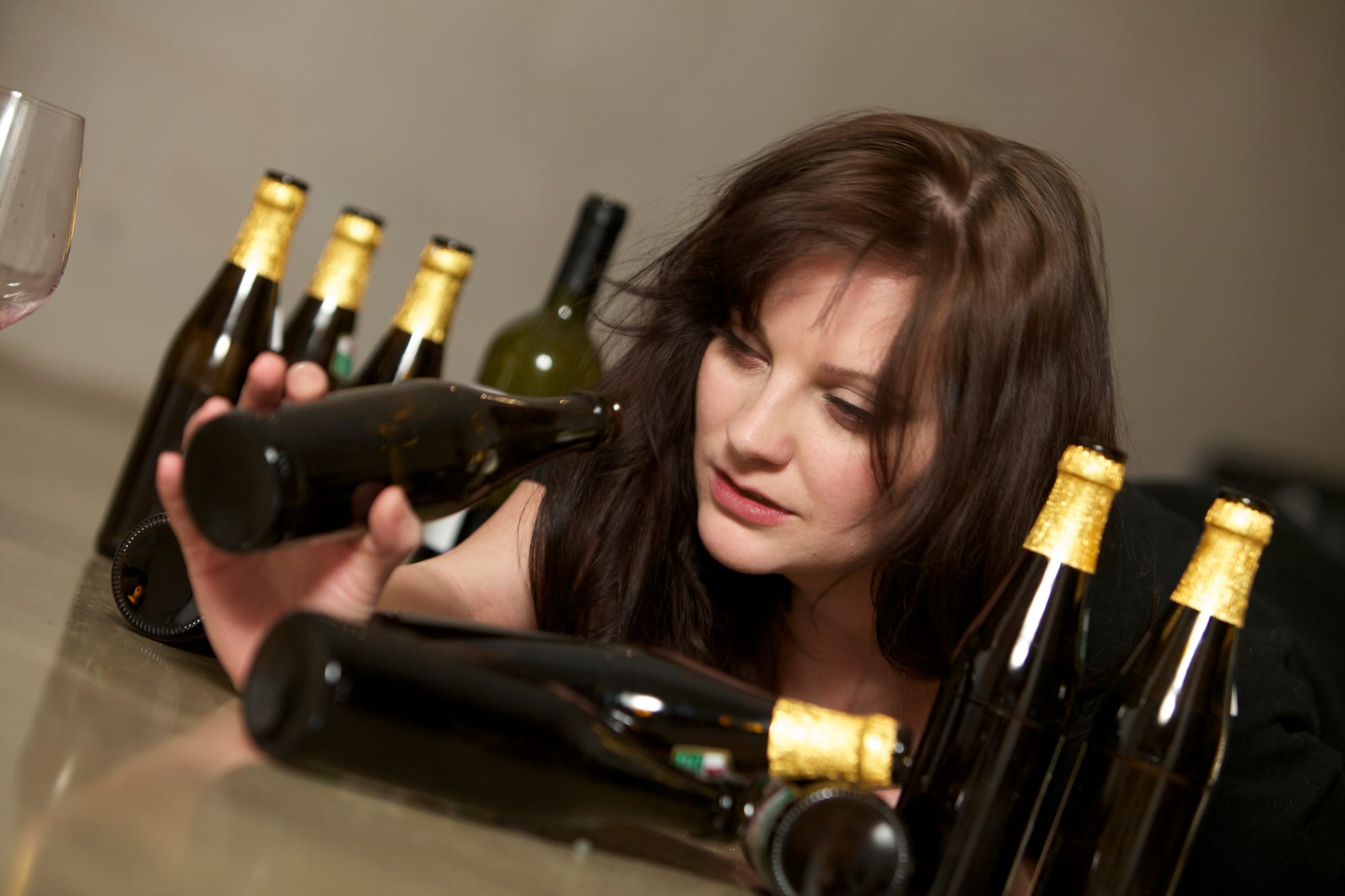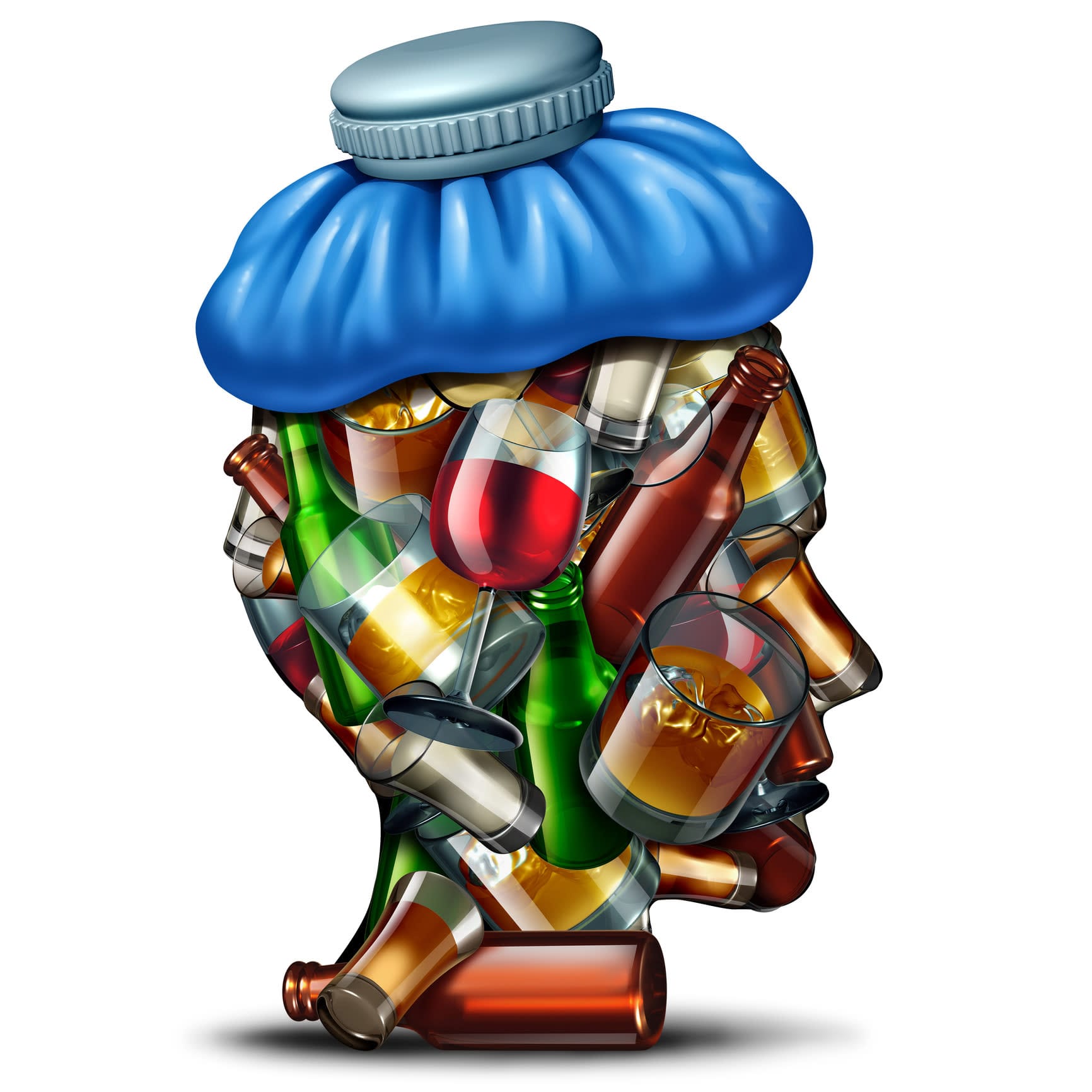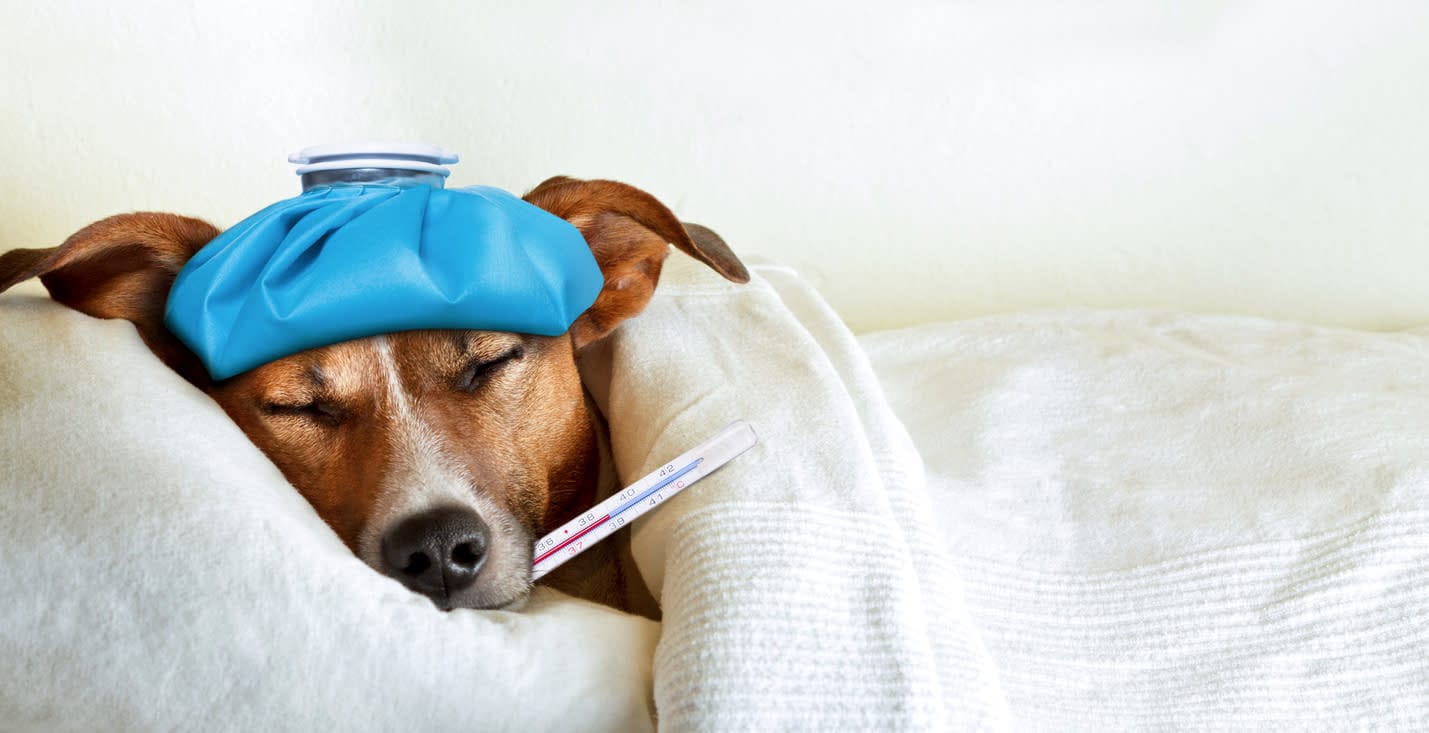
It’s party time again. But we know all too well that a happy drink or three can leave us feeling hungover the next day. It’s not just the headaches, nausea and moodiness. Our performance is also shot. Some studies show that driving with a hangover makes you just as impaired as driving (illegally) with a blood alcohol level of 0.08 per cent! So maybe it really is safer if we stayed in bed.
Roughly three out of every four people who drink to the point they're intoxicated will have some hangover the next morning. Prevention is better than cure. In fact, there's no cure, despite many historical claims to the contrary.
The usual explanation for our hangovers is the accumulation of toxic chemical byproducts of alcohol. The problem with this theory is that by the time our hangover symptoms are at their worst (i.e. the next morning), all of the alcohol and its various chemical metabolites have completely left our body.

Some say it’s not the alcohol but the other chemicals that come with it. So ‘pure’ drinks like vodka and gin don’t have the same problems as a complex red wine. But even 100 per cent pure alcohol mixed with 100 per cent pure water can cause a hangover.
Some say it's dehydration, so drinking more water or juices does the trick for them. After all, the ancient Romans always added water to wine. But this wasn't to prevent a hangover. Most likely, the unsanitised water was undrinkable on its own, and more palatable and far safer to drink when sterilised with some alcohol in it.
A typical beer is 96 per cent water and about 4 per cent alcohol. This 4 per cent is eventually turned into about the same mass of water by our liver. Consequently, a glass of beer and a glass of water are about the same in water content in the end.
Most of the extra water we’d try to drink to compensate for the booze will simply make us pee even more or then have to get up in the night to go to the bathroom. Regardless, we'll still end up feeling dry, thirsty and hungover in the morning.
The counter-attack
Perhaps the most famous and pervasive theory is that a hangover is really a kind of drug withdrawal. After all, the unpleasant symptoms only start after the alcohol leaves our system. And you can’t really be drunk and hungover at the same time, can you?
Taking this impeccable logic to its obvious conclusion, like any other withdrawal, we must take the thing we are missing, which in the case of bad hangover means having another drink. This is the rough rationale for starting the morning with what's known as a ‘counter-beer’ in Germany (as in counter-act), a ‘repair beer’ in Scandinavia, or a richiamino in Italy. In the English-speaking world it's known as taking the ‘the hair of the dog’.

This striking phrase originates from the idea that the hair of the dog (that bit you) could help heal the wound it had just inflicted. And it's perfectly true that if you're going into alcohol withdrawal, taking the hair of the dog temporarily gets rid of the (withdrawal) symptoms.
However, alcohol withdrawal and a hangover are definitely not the same beast. Anyone can get a hangover after a single bout of drinking, whereas alcohol withdrawal only happens with chronic alcoholics. Of course, alcoholics can and often have a hangover too, making the hair of the dog a notable cure-all.
Most of the extra water we’d try to drink to compensate for the booze will simply make us pee even more or then have to get up in the night to go to the bathroom.
Perhaps the most important contributor to our hangover is how well we sleep after a night out and how un-refreshed we feel in the morning. This is a bit like jet lag. Consequently, desperate people use many of the same cures for both, including coffee, melatonin, vigorous exercise and of course, sunglasses. Actually staying in the dark does really help the unpleasant sensation of a hangover and reduces the recovery time. Whether this actually helps to synchronise our body clock is a moot point. The light always seems much too bright.





